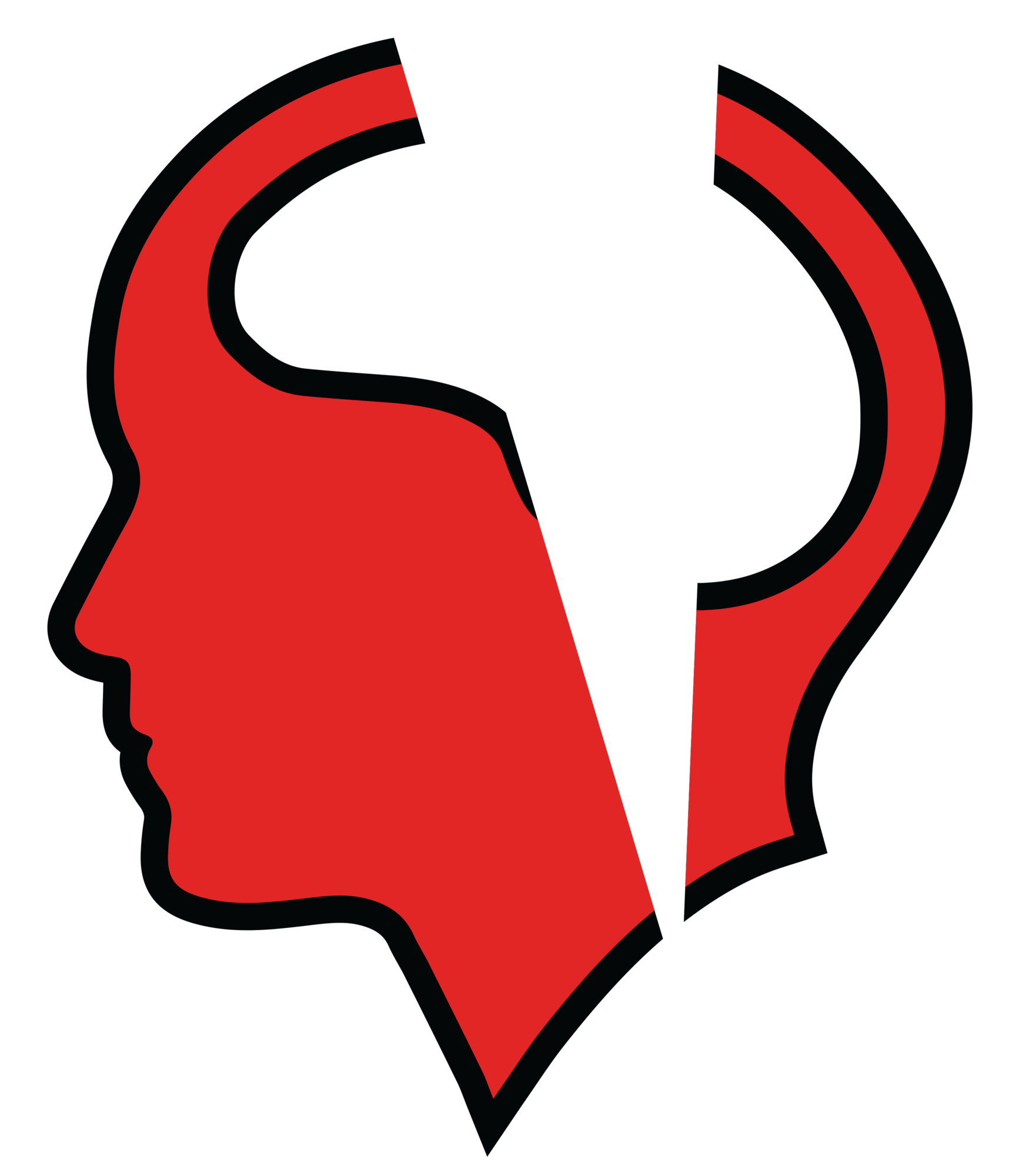In the high-stakes arenas of golf and tennis, mental strength can be just as critical as physical ability. Dr. John den Boer, a leading neuroscientist and the innovator behind Inside-Out Neurocoaching, offers cutting-edge strategies that address the unique psychological challenges these sports present. His approach, deeply rooted in the latest advances in neuroscience, empowers athletes to optimize their mental game and enhance their performance.
Psychological Demands of Golf and Tennis
Both golf and tennis require intense concentration, emotional control, and the ability to handle pressure—all elements that dictate the outcome of every match or round. “Understanding and mastering the mental challenges specific to each sport are key components of success,” explains Dr. den Boer. This foundational awareness is crucial for athletes aiming to improve their resilience and performance on the court or course.
Key Strategies from Inside-Out Neurocoaching
Leveraging Neuroplasticity and Growth Mindset
Dr. den Boer’s Inside-Out Neurocoaching utilizes the concept of neuroplasticity, which is the brain’s ability to form new neural connections in response to learning or experience. He teaches athletes to adopt a growth mindset, viewing every challenge as a chance to improve mentally and physically. “This perspective is vital for continuous improvement and helps athletes reframe challenges as opportunities for growth,” he notes.
Building Emotional Resilience
In high-pressure sports like tennis and golf, maintaining emotional stability is essential. Dr. den Boer recommends practices such as mindfulness and cognitive behavioral techniques to enhance emotional resilience. “These methods are particularly effective in helping athletes manage stress, maintain focus, and recover quickly from setbacks,” he asserts.
Setting Process-Oriented Goals
Focusing on process-oriented goals—such as maintaining a consistent swing in golf or improving serve accuracy in tennis—helps athletes stay engaged and reduces the stress of outcome-focused thinking. Dr. den Boer emphasizes the importance of these goals in keeping athletes present and focused during practice and competition. “By concentrating on the process, athletes can exert more control over their performance, leading to greater confidence and lower anxiety,” he explains.
Customizing Neurocoaching Techniques
Dr. den Boer’s neurocoaching is tailored to the individual athlete’s brain patterns and psychological needs. This personalized approach ensures that strategies are particularly effective, enhancing an athlete’s ability to focus, make decisions under pressure, and stay mentally tough in critical moments. “Tailored neurocoaching provides athletes with a mental toolkit that is optimized for their specific needs, maximizing their performance potential,” he details.
Reflective Practice for Continuous Improvement
Dr. den Boer encourages athletes in golf and tennis to engage in reflective practice, analyzing both their physical and mental performance after games and matches. “This kind of reflection helps athletes identify strengths and areas for improvement, fostering a mindset of continuous learning and development,” he recommends.
Conclusion
For athletes in golf and tennis, Dr. John den Boer’s Inside-Out Neurocoaching offers an essential guide to mastering the mental aspects of these demanding sports. By integrating these neuroscience-based strategies, athletes can significantly improve their mental resilience, focus, and overall performance, ultimately enjoying greater success and fulfillment in their sports careers.
Dr. John den Boer’s innovative approach to sports psychology and neurocoaching makes his insights highly valuable for any athlete looking to enhance their mental game and achieve peak performance in golf and tennis.
